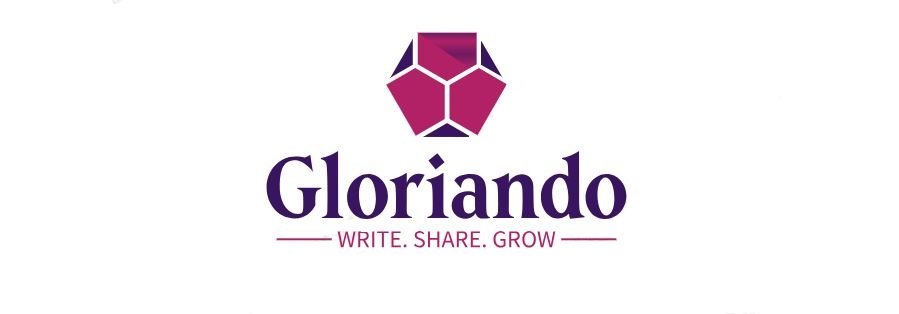Relationships are living entities that require constant nurturing and attention to flourish. As couples journey through life, they often encounter challenges that can strain even the strongest bonds. It’s crucial to address these issues before they grow insurmountable, and often, external guidance is beneficial in doing so. Couples therapy offers a structured approach to resolving relationship challenges, teaching partners how to communicate effectively and reconnect on a deeper level. Below, we explore how engaging in therapy can be a transformative experience for couples looking to strengthen their relationship.
Common Relationship Issues Addressed in Couples Counseling

Every relationship faces its own array of challenges, but there are common threads that weave through many couples’ experiences. Issues such as infidelity, financial stress, parenting conflicts, and lack of intimacy are often brought to the forefront in couples counseling sessions. These are crucial areas where partners may struggle to find common ground without professional help.
Trust is a fundamental component of any relationship, and breaches in trust can be seriously damaging. Counselors aid couples in rebuilding trust, whether it has been broken by dishonesty or emotional betrayal. This involves fostering open communication and helping partners to understand and empathize with each other’s experiences.
Financial stress can also be a significant source of tension in relationships. A therapist provides not just a forum to discuss money matters, but also the tools to build a financial plan that respects both partners’ views. Balancing responsibilities and setting shared goals can alleviate much of the stress that money issues bring.
The Benefits of Professional Guidance for Strengthening Bonds
Entering couples therapy brings distinct advantages that go beyond conflict resolution. One of the primary benefits is the development of stronger communication skills. Therapists often teach partners how to listen actively and how to express themselves in ways that foster understanding rather than confrontation.
Another key benefit is the reinforcement of emotional bonds. Therapy creates a pathway for expressing vulnerabilities in a supportive atmosphere, which can deepen emotional intimacy. As partners become more attuned to each other’s emotional needs, their bond naturally grows stronger, enriching the overall quality of the relationship.
Moreover, professional guidance can help partners to develop healthier coping mechanisms for stressors both within and outside the relationship. Whether the challenges stem from work, family, or personal struggles, learning how to address these issues together can enhance the partnership’s resilience and mutual support system.
Strategies Therapists Use to Facilitate Better Communication Between Partners

Effective communication is the cornerstone of any successful relationship, and therapists employ various strategies to improve the dialogue between partners. One common technique is the use of “I” statements, which encourage expressing feelings without placing blame. This allows individuals to share their perspectives in a manner that acknowledges personal feelings without inciting defensiveness.
Active listening exercises are another pivotal strategy. Therapists teach partners to truly hear what the other is saying, not just to listen, but to understand and empathize. These exercises can help dismantle barriers, allowing each person to feel heard and validated, which is essential for conflict resolution.
Setting boundaries is also a critical aspect of communication that therapists may emphasize. Clear and respectful boundaries enable partners to maintain their individuality while fostering a healthy relationship. When both parties understand and respect these boundaries, it leads to a healthier balance of power and autonomy.
Navigating the Journey Together: What to Expect During Couples Therapy
Embarking on the journey of couples therapy can be a significant step toward healing and strengthening a relationship. As therapy begins, couples should expect to delve into the history of their relationship, identifying pivotal moments and patterns that have shaped their current dynamics. This deep dive enables the therapist to tailor their approach to the couple’s specific needs.
Couples will also engage in exercises, both within sessions and at home, designed to reinforce the principles discussed during therapy. These tasks encourage ongoing engagement with the therapeutic process and ensure that the lessons learned in therapy are integrated into the couple’s everyday interactions.
Overall, couples therapy offers a multifaceted approach to enhancing relationships. From communication skills and trust-building to emotional intimacy and individual growth, the benefits are substantial. By choosing to navigate the complexities of their relationship with the support of a therapist, couples can look forward to a healthier, more fulfilling partnership.

